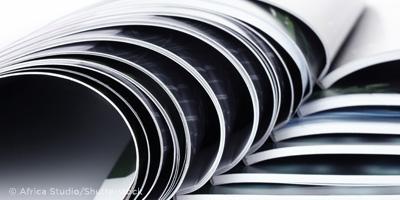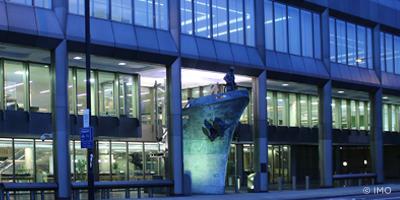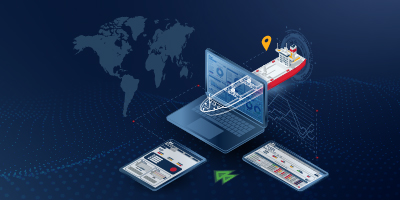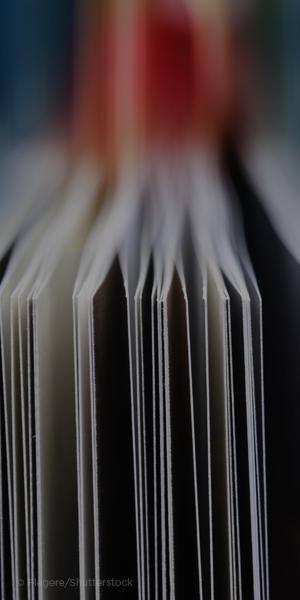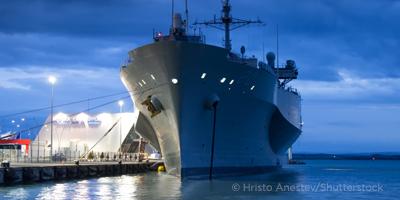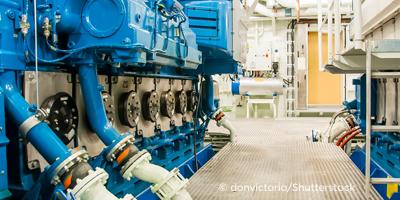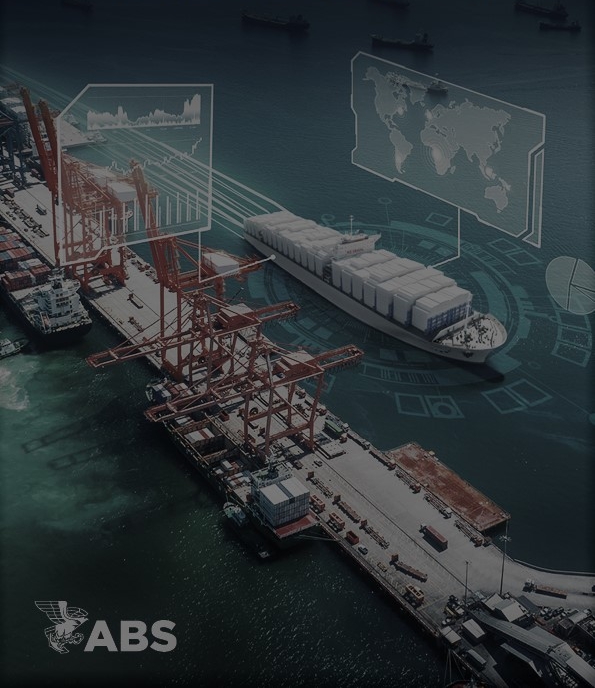ABS and E-Circuit Motors (ECM) were selected by the Massachusetts Maritime Academy and the U.S. Maritime Administration (MARAD) to help determine the feasibility of replacing a conventional motor with a printed circuit board (PCB) stator motor.
The project onboard MARAD’s Training Ship Kennedy evaluated the use of multi-layered PCB technology to run an air handler.
MMA subcontracted ECM to design and test the motor and selected ABS to apply its New Technology Qualification (NTQ) process, providing project stage gates to demonstrate concept feasibility.
ECM’s technology eliminates the need for wire winding and iron laminations used in conventional motors and generators, by embedding copper-etched conductors into a multi-layered printed circuit board to form a stator that works in conjunction with permanent magnets.
“The use of ECM’s PCB stator technology onboard ship and the related motor prototyping process were new concepts and were demonstrated as viable, reducing onboard weight and increasing motor efficiency,” said Roy Blieberg, ABS Vice President, Engineering. “The ABS NTQ services offer guidance on early adoption and efficient implementation of new technologies – demonstrating the level of maturity – and that potential risks have been systematically reviewed.”
Through its New Technology Qualification process, ABS used a systematic approach to help demonstrate the viability of this innovative concept. ABS worked closely with the project partners throughout the concept verification and validation stages and into the operational stage where the functionality was confirmed in its intended application. The Statement of Maturity was issued by ABS after operational verification stage of the NTQ process.
“By applying the ABS NTQ process, we were able to methodically validate the feasibility of this technology and better understand other potential applications,” said ECM Chief Executive Officer, Brian Casey. “We believe that ECM’s innovative printed circuit board stator design will have a positive impact in the marine industry, driving improved performance and efficiency.”
Introduced in 2017, NTQ services are based on the ABS Guidance Notes on Qualifying New Technologies, giving vendors and end-users a clearly defined approach to confirm new technologies and perform intended functions in accordance with defined performance requirements.
MARAD funded the project under the Maritime Environmental and Technology Assistance (META) program.



